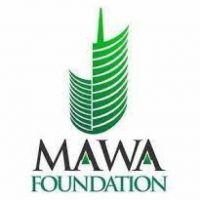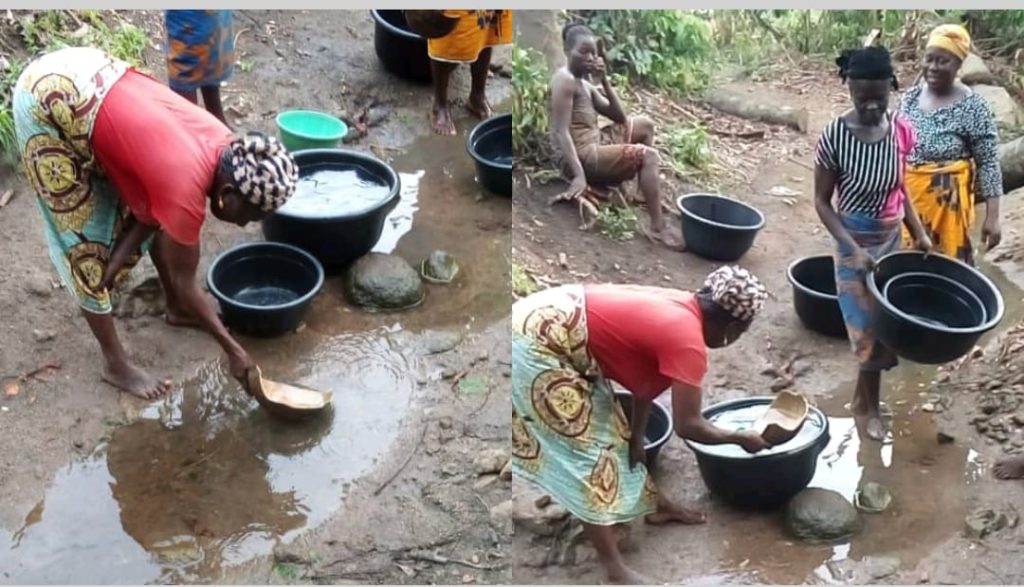An estimated 1000 population of the Sumpe community in Bwari Area Council of Federal Capital Territory (FCT-Abuja) Nigeria’s capital city relies on dirty streams for safe drinking water.
Monitng, civic public accountability exposed how the Sumpe community suffers a huge infrastructural deficit and relies on dirty streams as a source of drinking water.
We appeal to the (FCT-Autority) to ensure that the Sumpe community benefits from its N1.15 trillion 2024 FCT Budget. Mr. Nyesom Wike the FCT Minister when appeared before the senate to defend the FCT N1.15 trillion 2024 Statutory Budget said it is solely to facilitate development in the rural communities of FCT. While affirming community transformation as the reason for the 2024 budget, Mr. Wike disclosed that N726.3 billion was allocated to capital expenditure, representing 63.3% of the budget. A decision that confirms the government’s commitment to providing rural infrastructure.
Good as this sounds, Sumpe and many communities in FCT are struggling to access safe drinking water with some residents relying on water vendors as the only source of water supply. A situation that makes maintaining hygiene for the residents impossible, and has in many ways led to a cholera outbreak that has claimed many lives in FCT and other parts of the country.
It is unclear how lack of access to safe drinking water continues to be a challenge in communities across FCT. In contrast, the FCT Water Board which has a core mandate to provide safe drinking water across FCT continues to get and spend budgetary allocation annually.
Nigerians must realize that one major effective way to get an improved society that prioritizes development and citizens’ welfare is when citizens become active and make consistent accountability demands on the government and the leaders.
MAWA Foundation could not immediately reach out to the FCT Water Board as calls made to a telephone number +234 8059710600 on its website did not go through and an email sent to their official email address info@fctwb.gov.ng was not

